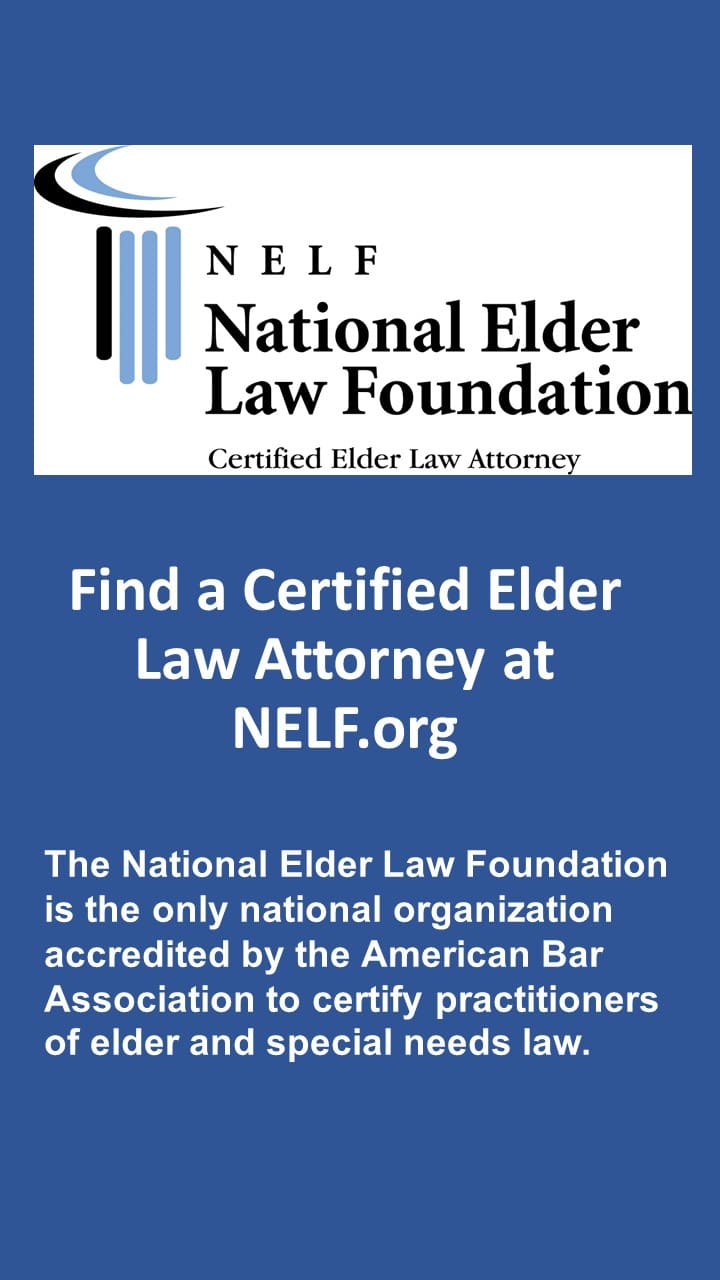On March 24, 2023, the United States District Court for the Middle District of Florida ruled in Securities and Exchange Commission v. Synergy Settlement Services, Inc., et al., Case No. 6:22-cv-820-WWB-DCI. The motion before the Court was to dismiss the action. The motion was denied with the Court indicating it should at least move tot he summary judgment phase.
The defendants in the case were Jason Lazarus, an attorney, Synergy Settlement Services, Inc. and Anthony Prieto, Jr., a certified financial planner. Essentially, the SEC argued that the defendants were selling unregulated investment contracts.
The following facts are from the opinion. Beginning no later than May, 2015, Synergy started marketing and operating two pooled investment trusts, Settlement Solutions National Pooled Trust (“Solutions Trust”) and Settlement Management National Pooled Trust (“Management Trust”). (Id. ¶¶ 3, 17-18). The Solutions Trust was established pursuant to 42 U.S.C. § 1396p, which allows Medicaid and Supplement Security Income recipients to maintain their eligibility for benefits by placing settlement funds in irrevocable trusts established and managed by a non-profit association. (Id. ¶¶ 2-3, 17, 22-23). Defendant Foundation for Those With Special Needs, Inc. (“Foundation”), which has been granted 501(c)(3) status by the Internal Revenue Service (“IRS”), is the named trustee of the trusts. (Id. ¶¶ 4, 17-18, 33, 35). Lazarus is the president and a director of the Foundation and Prieto is a director and former officer of the Foundation. (Id. ¶ 28). The Securities and Exchange Commission (“SEC”), alleges that although the Foundation is the nominal trustee of the trusts and is held out by Defendants as the trustee, in practice it is a shell company without any operations and Synergy actually performs the trustee function and benefits financially from the operation of the trusts.
Fees were paid to the law firm and trustee fees were allegedly sent to Synergy. The SEC filed a ten count Amended Complaint against Defendants alleging violations of section 17(a)(1), (a)(2), and (a)(3) of the Securities Act, 15 U.S.C. § 77q(a)(1)-(3); section 10(b) and rule 10b-5(a)-(c) of the Exchange Act, 15 U.S.C. § 78j(b), 17 C.F.R. § 240.10b-5(a)-(c); sections 5(a) and 5(c) of the Securities Act, 15 U.S.C. § 77e(a), (c); and section 206 of the Advisers Act, 15 U.S.C. § 80b-6(1)-(2), (4).
The SEC argues that the trusts constitute investment contracts. In Securities & Exchange Commission v. W.J. Howey Co., the Supreme Court established a three-part test for determining whether a particular financial interest constitutes an investment contract and, thus, a security. 328 U.S. 293, 298-99 (1946). The three elements of an investment contract are: “(1) an investment of money, (2) a common enterprise, and (3) the expectation of profits to be derived solely from the efforts of others.”
The Defendants argued that because beneficiaries make an irrevocable transfer of funds into the trusts and can only use those assets under limited circumstances, the beneficiaries are not investing their money when it is placed into the trusts.
The Defendants advanced various theories regarding why they were exempt from SEC regulation. The District Court rejected each argument at this stage of the litigation. In other words, Defendants could not prevail as a matter of law and will be required to prove, either through summary judgment or at a hearing, that they are not subject to SEC regulation.





